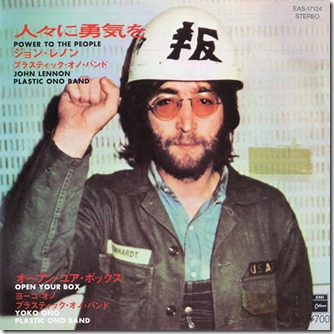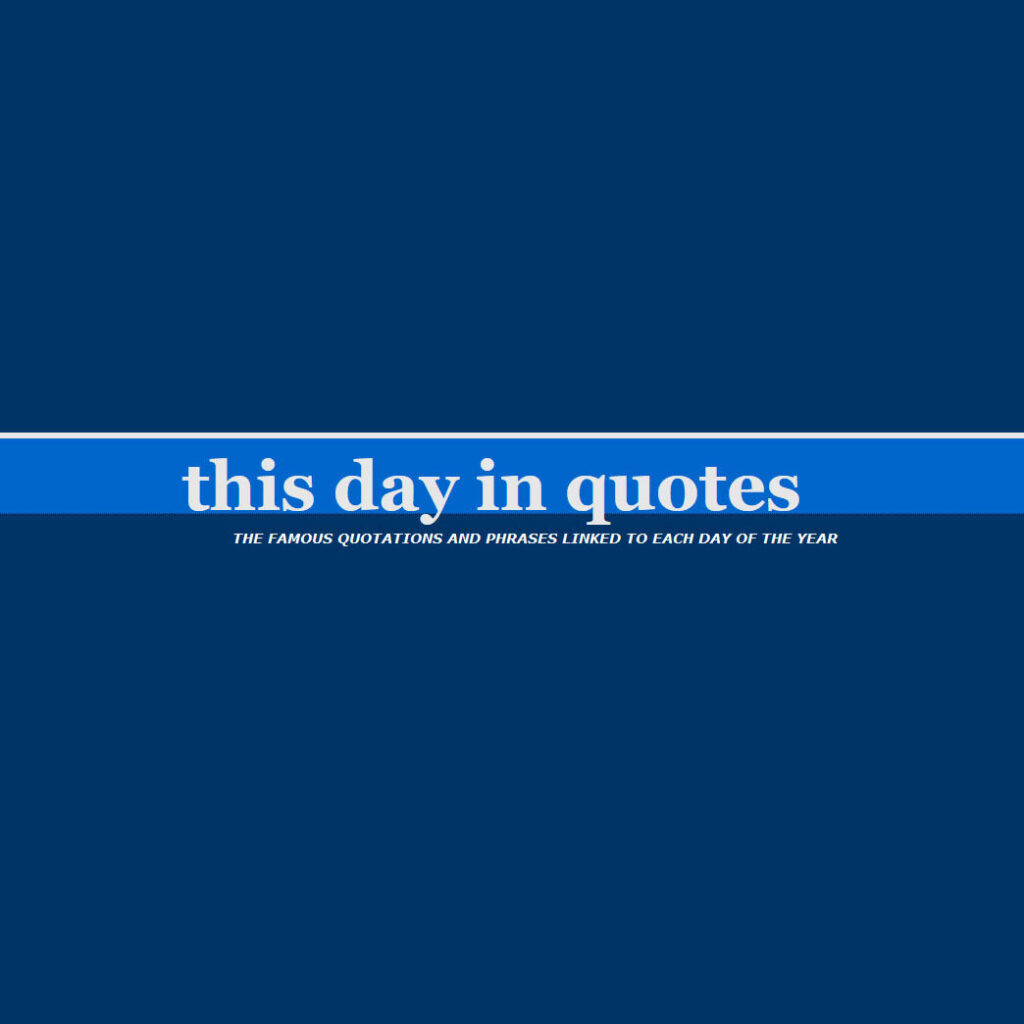“You say you want a revolution” is a line every Beatles fan knows.
It’s from the song “Revolution” on the Beatles’ famed double album known as The White Album.
John Lennon was inspired to write the song after watching news about the student riots in Paris in May of 1968.
Like many people around the world, he was shocked to see crowds of young people throwing bricks and Molotov cocktails at the police, breaking shop windows and setting cars on fire.
There wasn’t one specific cause for the riots.
Various demonstrators said they were angry about various things, ranging from university policies and tuition costs to the treatment of low wage French workers and the war in Vietnam.
In the lyrics he wrote for “Revolution,” Lennon indicated that he supported efforts to seek social and political changes, but opposed using violence as means to those ends:
“You say you want a revolution
Well, you know
We all want to change the world…
But when you talk about destruction
Don’t you know that you can count me out.”
The first version of “Revolution,” with the “count me out” lyrics, was released on a 45rpm single record on August 11, 1968. It was the B-side. “Hey Jude” was the A-side.
The video at the top of this post is a live performance of the single release. (In it, Lennon sings “We’d all love to change the world,” instead of “…want to change…”)
On November 22, 1968, the Beatles released their famed double album known as The White Album.
The first song on the second side of the second LP disc was a version of “Revolution,” titled “Revolution 1.”
It was a slower musical take of the song that had been recorded before the version used on the single.
In the final audio mix of “Revolution 1” for The White Album, Lennon overdubbed a snippet of himself saying the word “in” after “Don’t you know that you can count me out.”
So, on “Revolution 1” version we hear:
“But when you talk about destruction
Don’t you know that you can count me out … IN!”
Why the change?
Because after the original single version of the song was released in August, Lennon was criticized by many leftist leaders and groups who felt that “Revolution” insulted them and their positions on social issues.
That bothered Lennon.
 He actually agreed with many of the positions espoused by Left wing activists; especially their opposition to racism and the Vietnam War and their support for better wages and benefits for common working people.
He actually agreed with many of the positions espoused by Left wing activists; especially their opposition to racism and the Vietnam War and their support for better wages and benefits for common working people.
One reflection of his inner conflict was the “out … IN!” in “Revolution 1.”
As journalist Jon Wiener noted in his retrospective on Lennon’s music in The Nation, Lennon once explained: “I put both in because I wasn’t sure.”
After 1968, Lennon became even more frustrated by the lack of progress toward the social changes he supported and by the continuation of the war in Vietnam.
In 1971, after the Beatles had broken up, he wrote the song “Power to the People,” a phrase borrowed from the Black Panthers and other radical groups that actually did sometimes espouse violent revolution.
It was recorded by Lennon, Yoko Ono and The Plastic Ono Band and released a single that year.
In the lyrics, Lennon revisited the topic of revolution, writing:
“Say you want a revolution
We better get on right away…
A million workers working for nothing
You better give ‘em what they really own
We got to put you down
When we come into town
Singing power to the people
Power to the people.”
The record jacket for the “Power to the People” single shows a photo of Lennon with his clenched fist raised in a revolutionary-style power salute.
I’m a huge fan of the Beatles and like a lot of the solo music John Lennon recorded before his tragic assassination by John Hinckley in 1980.
As I was writing this post, I listened to “Power to the People” again on YouTube.
The music still sounds pretty good. And, as a Baby Boomer who leaned fairly far left in the Seventies, I recall why I related to the song’s message back then.
But nowadays, as I near my own Seventies agewise, I prefer “Give Peace a Chance.”
* * * * * * * * * *
Comments? Corrections? Post them on the Famous Quotations Facebook group.
Related reading, listening and viewing…









